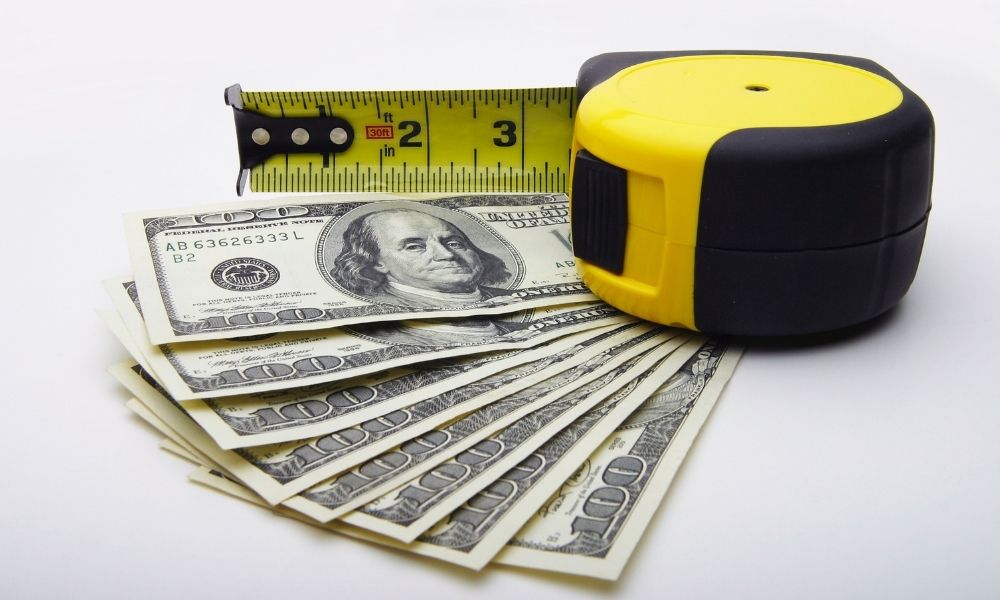
Home improvement projects are a great way to boost your home’s value or simply freshen up a space. But home improvement projects can put a strain on one’s wallet, and, even with careful budgeting, it’s easy for unexpected costs to push spending beyond a budget. While we can’t foresee exactly what’s going to happen in the future, keeping in mind these concepts for saving money during home improvement projects can help cushion the blow to your finances.
Don’t Underestimate
When planning a budget for home projects, it’s natural to want to keep costs to a minimum. Because of that, DIY renovators often grossly underestimate how much the project will cost. Without a clear sense of what a project should cost, it makes it difficult both to save for the project and make good spending decisions throughout the process. When creating your budget, research with hardware stores and others who have done your project before.
Create a Separate Account
Sticking to a budget is never easy, especially if you have ready access to extra money. One way to work around this temptation is to create a checking account that is set aside for the building expenses. This will be a visual reminder of the price limit for whoever is shopping for the project. It also makes it difficult to dip into finances set aside for other expenses if you find that you have reached your limit.
Do it Right the First Time
When you’re planning for home improvement, it often isn’t just money you’re budgeting, but time. And when you have a schedule that you’re trying to stick to, it can be easy to try to rush through tasks. But mistakes are one of the biggest costs for any home improvement project. Between needing to buy new supplies such as paints, screws, or drywall, and undoing the mistakes so you can start over, your costs can accumulate quickly. Take your time to really assess how a project needs to be done and whether hiring a professional would be the less costly option.
Protect the Tools
Along the lines of mistakes that could cost you money, having tools become damaged during a project can also put an unnecessary strain on your budget. Not only that, but it can add to the cost of any future building projects that you may want to accomplish. Make sure that everyone helping you is properly trained on how to use and store tools. Don’t limit this care to power tools. Taking care of lower-priced tools like paintbrushes will also prevent costs from accumulating.
No one goes into a home improvement project without knowing how to use a drill or the basics of wiring. Knowing how to save money during home improvement projects should be considered just as necessary. Your home and your wallet will thank you.





























